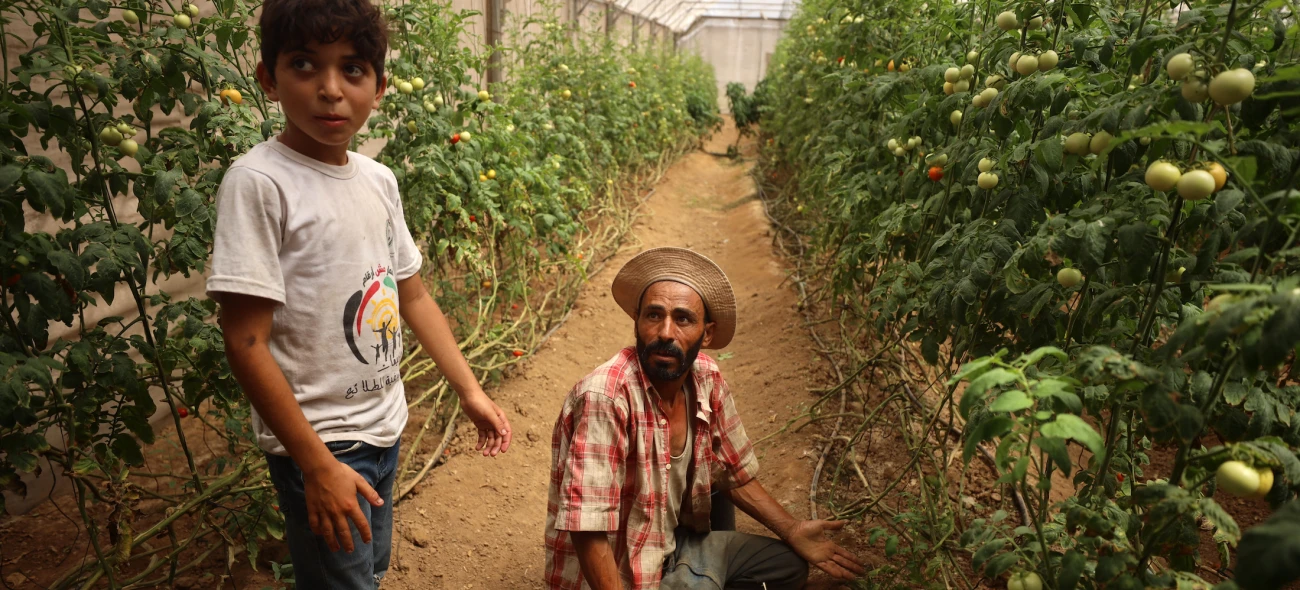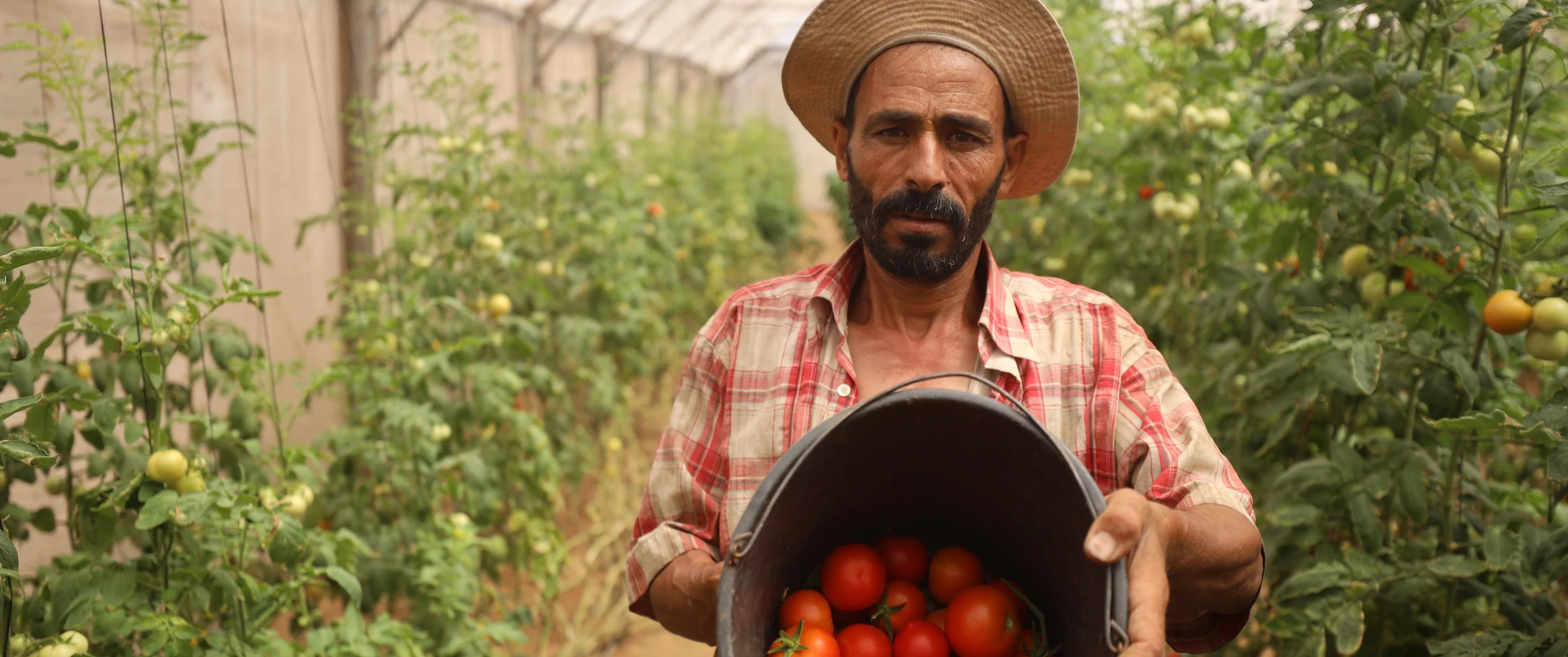Gaza famine: Christian Aid responds to humanitarian catastrophe
While 6,000 lorries full of vital aid remain stuck at Gaza’s border crossings, hampering the efforts of many aid agencies, Christian Aid continues to make cash transfers to its trusted partners inside the strip who are responding to the needs of communities on the ground.
Famine has been confirmed in Gaza. People are being starved to death. This is not a natural disaster. It is a man-made famine brought about by Israel’s blockade, which continues to prevent all but a trickle of desperately needed food, water and medical supplies from entering the territory.
The situation on the ground is one of profound humanitarian emergency, with families facing acute shortages of food, clean water, medical care and safe shelter. Entire communities remain displaced and public services have all but collapsed.
Thanks to the compassion and generosity of Christian Aid’s supporters over the past two years, the charity’s partners inside Gaza have been able to respond to the deepening crisis, reaching those in greatest need with food, clean water, medical care, education and safe shelter. Since October 2023, more than 800,000 people have received emergency aid, more than 1.3 million people supported with food and more than 950,000 with water and sanitation. Donations made by Christian Aid supporters are saving lives.
A local farming story
Every morning, Palestinian farmer Imad Al-Muanni travels by donkey and cart to his tomato farm in Deir al-Balah, central Gaza. The 40-year-old is accompanied by his wife, son and sister. They work together, tending to their tomatoes and harvesting them.
Imad and his family have been displaced three times since the war started. He said: “I rely on my greenhouse as a source of income for myself and my family. The greenhouse is not far from my home and I spend long hours here to maintain a good harvest and sell my tomatoes in the local market. I received fertilizer [from Christian Aid’s partner] to ensure the success of my crop.”
The Israeli blockade of Gaza has impacted Imad’s farm business, as he explained: “It’s difficult to get water to irrigate the crops. I buy diesel at a high price to operate the generator that pumps water from underground wells. I dream of having solar energy to obtain water at a lower cost. This would also help reduce vegetable prices in the market.”
As famine continues to unfold in Gaza, and starvation has claimed the lives of hundreds of people, Christian Aid’s local partner, the Palestinian Agricultural Development Association (PARC) is supporting Imad and other farmers to grow food desperately needed by everyone across the territory.
Pictured above and below, July 2025: Imad Al-Muanni with some of the tomatoes he has grown in his greenhouse in Gaza with support from Christian Aid. Also pictured with his son. Credit: Majdi Fathi/Christian Aid.

